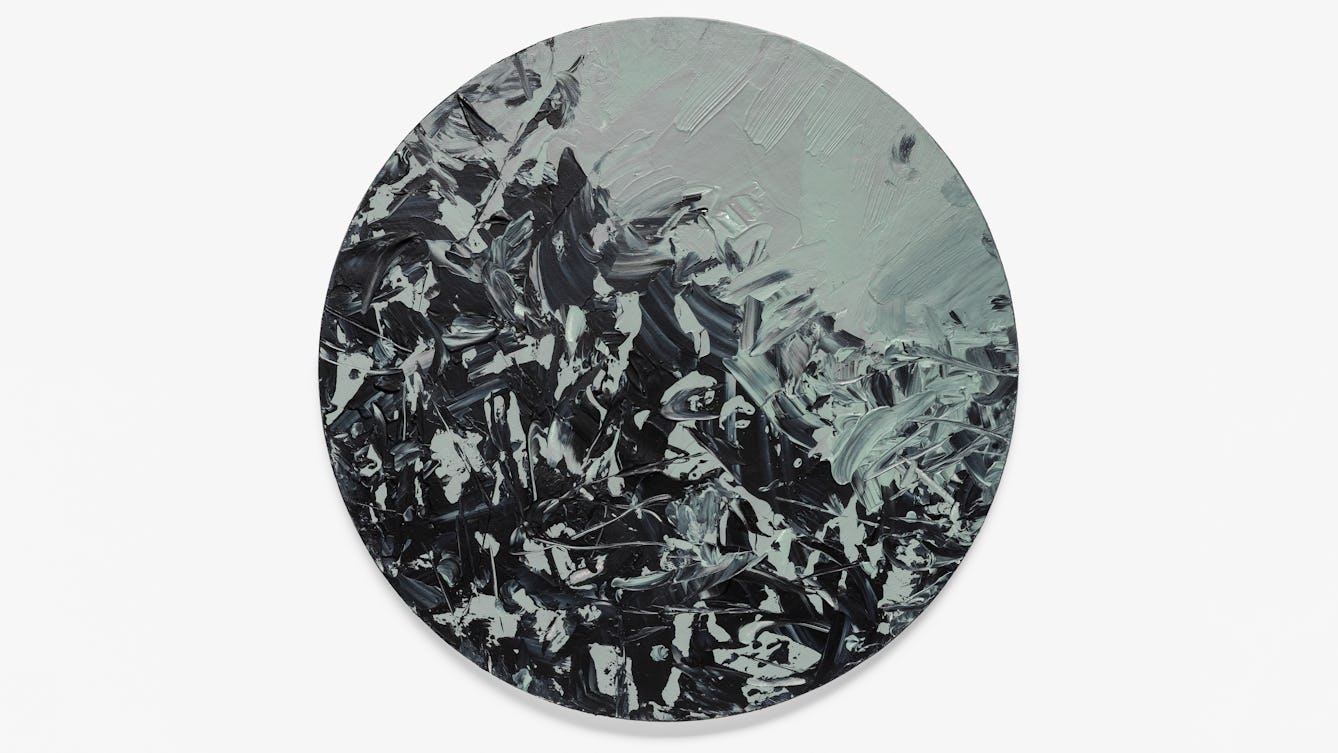
- Article
- Article
Performing my disability
Caroline Butterwick explores the idea of disability as performative, and the pressure to act out what we think others expect.

- Article
- Article
Disability, education and prejudice
In the 1960s and 1970s, thalidomide survivors had to fight for a proper education. If they weren’t brought up in institutions, they were often viewed as objects of curiosity, encountering verbal and sometimes physical abuse, both at school and in the world beyond.
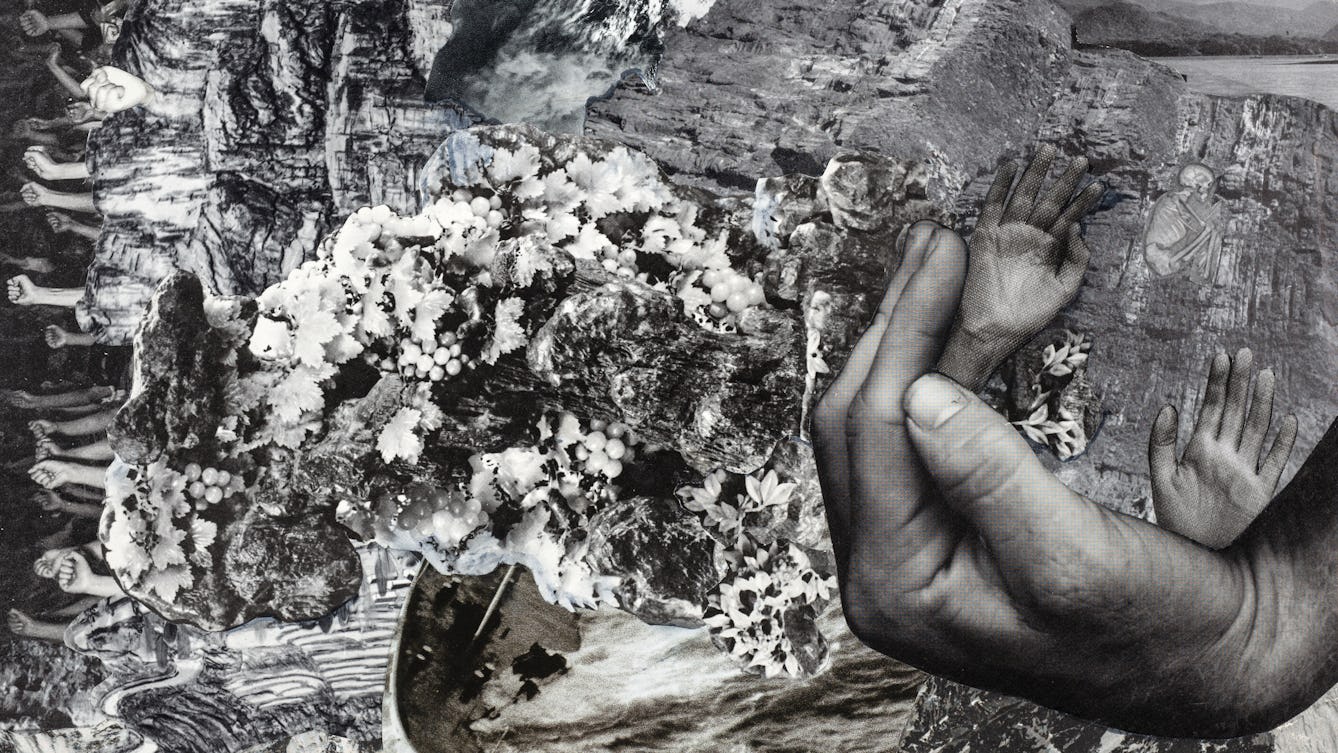
- Article
- Article
Disability in the post-pandemic world
Disabled people have suffered more than most during Covid-19, but there is still a chance to build a kinder society. Dolly Sen explores whether we will come together, or allow more brutal disparities to develop in the worsening recession.

- Article
- Article
How hospital care fails disabled bodies
Hospitals aim to make sick people well. But if the sick person is also disabled, the unbending nature of monolithic hospital systems can easily worsen the situation. Here Jamie Hale writes from painful personal experience.
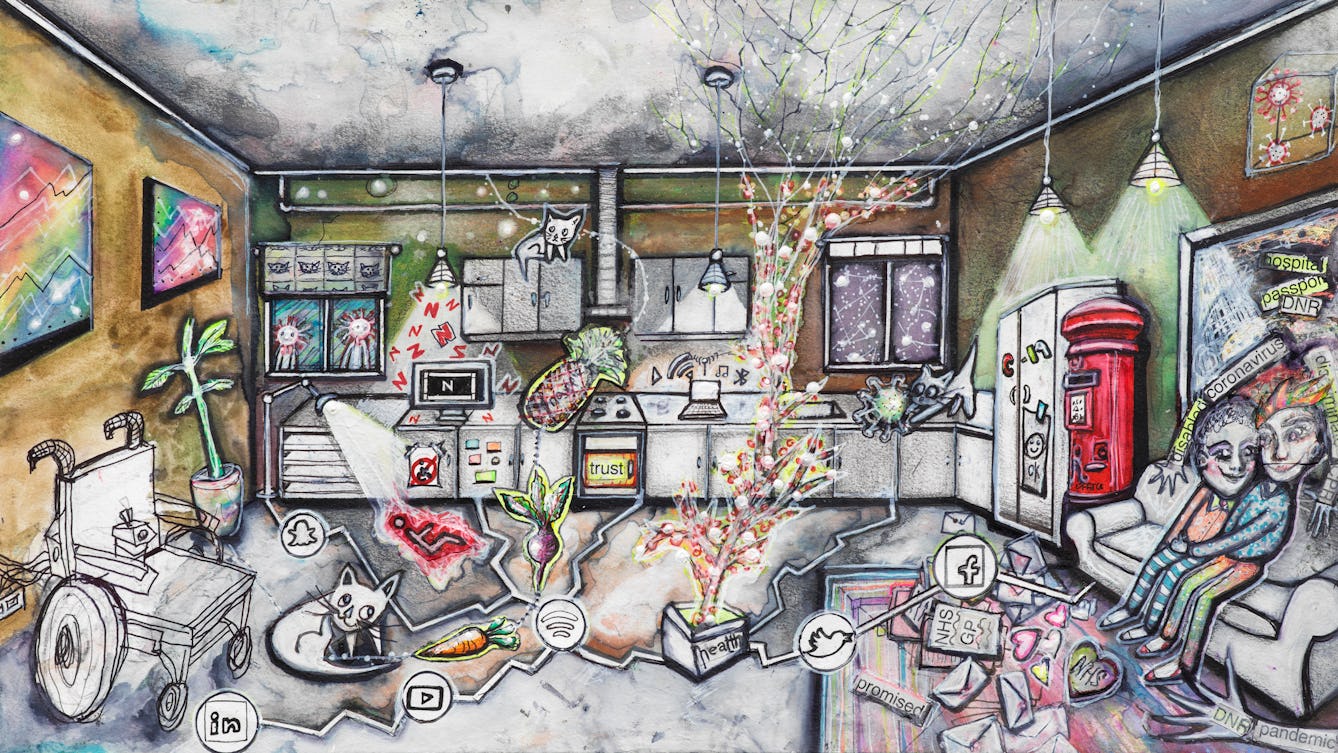
- Article
- Article
Lying low for lockdown and beyond
For Liz Carr the chances of catching Covid-19 are the same as for anyone else, but as a Disabled person she's at much greater risk of not getting the treatment she needs if she falls ill.
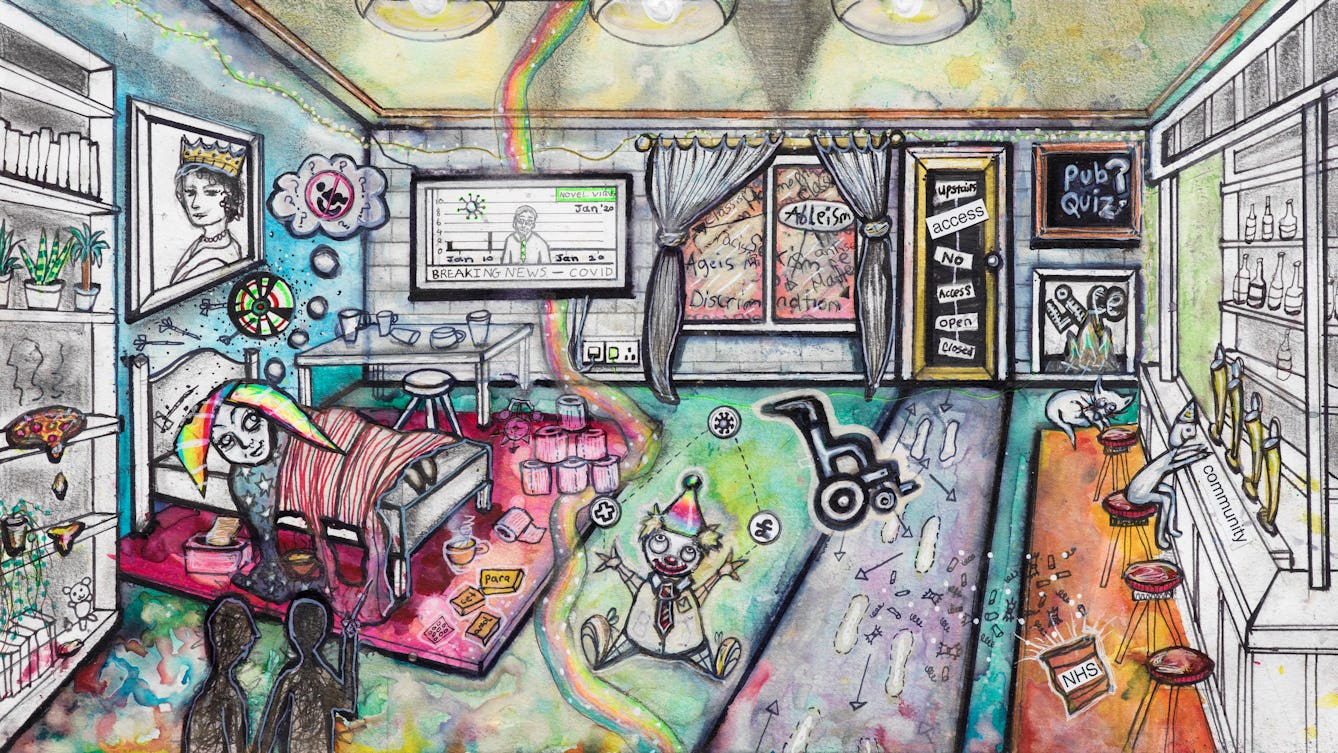
- Article
- Article
Our Covid complicity
Athena Stevens thought she had a cold that she tried to ignore, but it turned out to be Covid-19. Here she reflects on how we have all put ourselves and others at risk with the choices we’ve made during this pandemic.

- Article
- Article
Words of hope and anger
Author and spoken word poet Penny Pepper remembers her childhood dreams, and speaks out against the barriers society uses to prevent disabled people from fulfilling their potential.

- In pictures
- In pictures
Pum Dunbar’s living lessons
Read the ‘legends’ that give insight into Pum Dunbar’s creative process while producing her recent series of collages.

- Article
- Article
To write in golden photographs
When Rachel Genn’s brother disappeared, a newspaper article led the family to his bedside. But the accident he’d barely survived was not to be the last tragedy in his life.
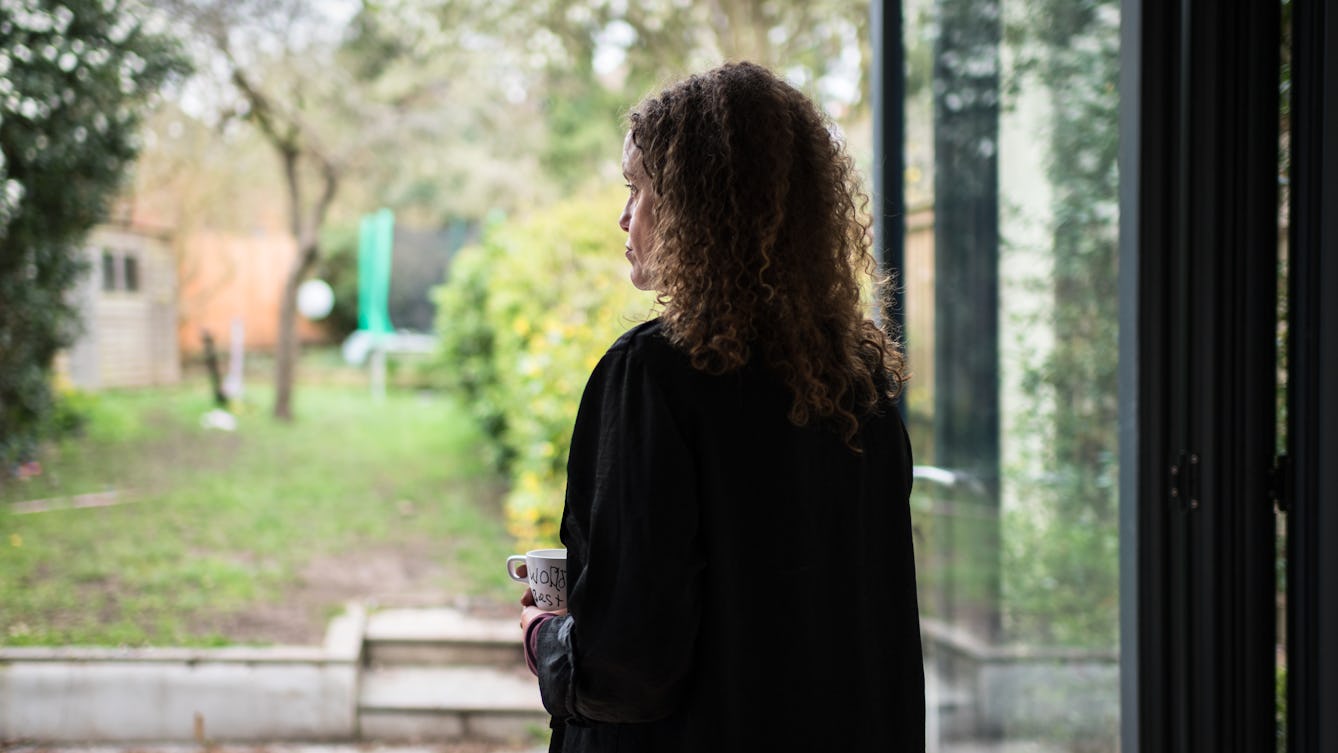
- Article
- Article
When parenting brings a paradigm shift
There were no indications during her pregnancy that Carol Nahra’s son would have severe, life-threatening disabilities. Here she describes the stages on her journey from shock to love and beyond.
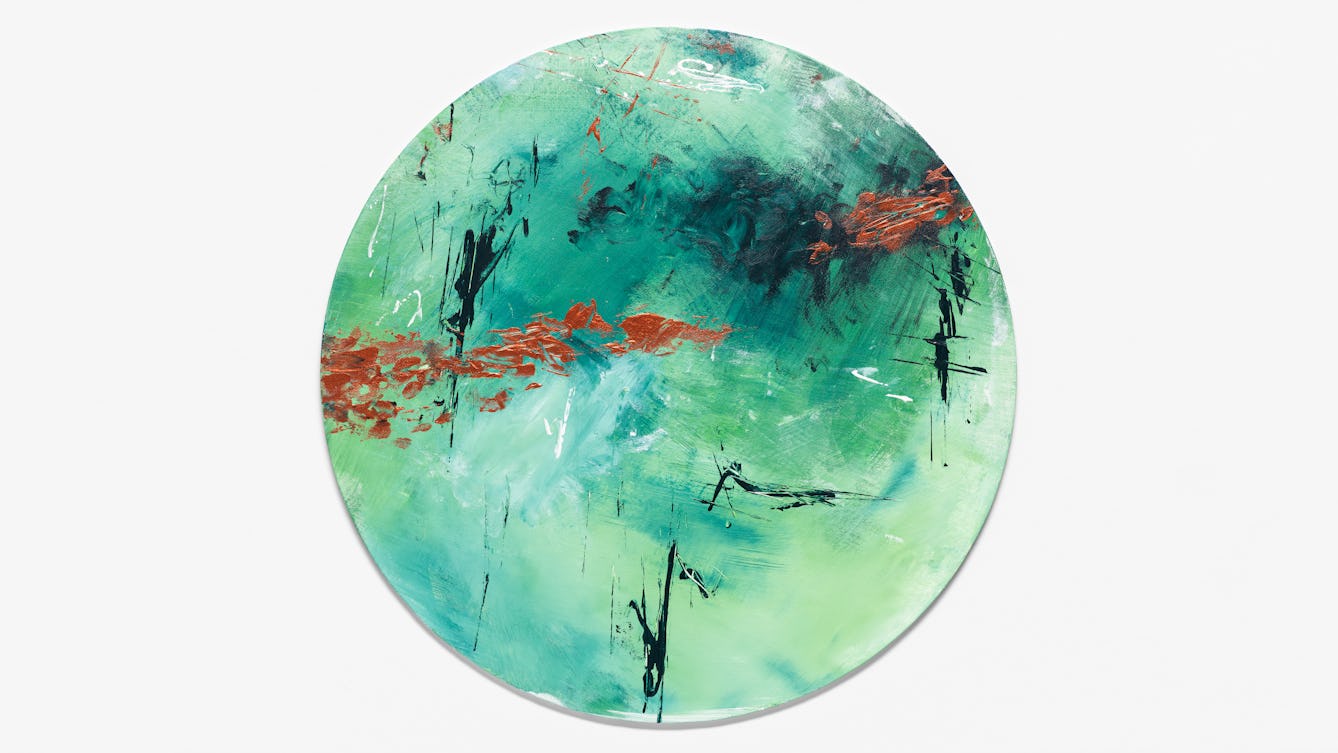
- Article
- Article
Why the truth is better than a happy ending
Caroline Butterwick often uses lived experience to inform her journalism, but she’s discovered a tension between the truth and stories that will sell.
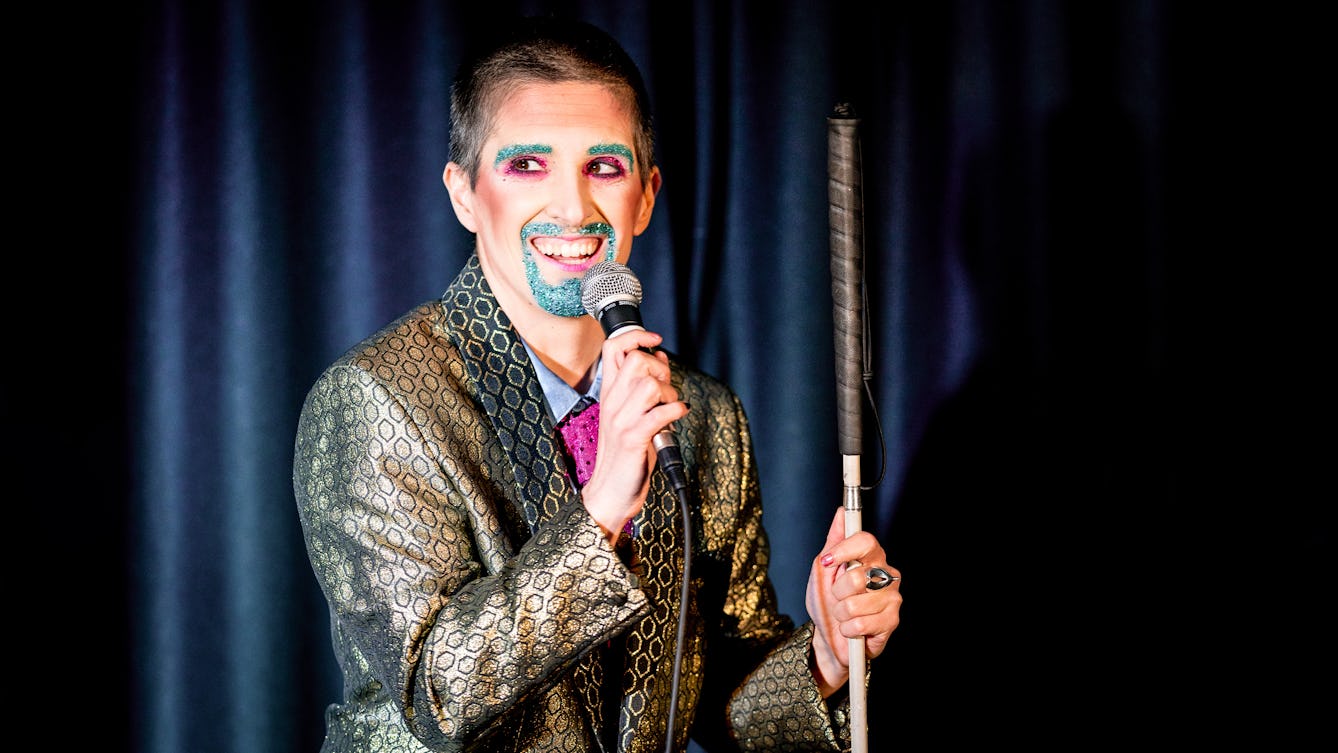
- Article
- Article
The politics and power of audio-description
Traditional theatre audio-description often lets down artists and audiences. But, done well, it has the potential to be a force for creativity as well as accessibility.

- Article
- Article
Notes on need
Writing about bodies, and hearing the stories of others’ bodies, Johanna Hedva also heard, over and over, how people blame themselves – and are encouraged to do this – for illness and disability.

- Article
- Article
“Life and the universe change our plans”
Artist Lil Sullivan returns to the printmaking workshop for the first time after her stroke, and uses broken and discarded everyday objects to create art.

- Article
- Article
A walk through other people’s expectations
The steep path isn’t the only thing Caroline Butterwick has to navigate on her Lakeland hike. Always aware of other people’s expectations, she continually monitors how her disability might seem to strangers.
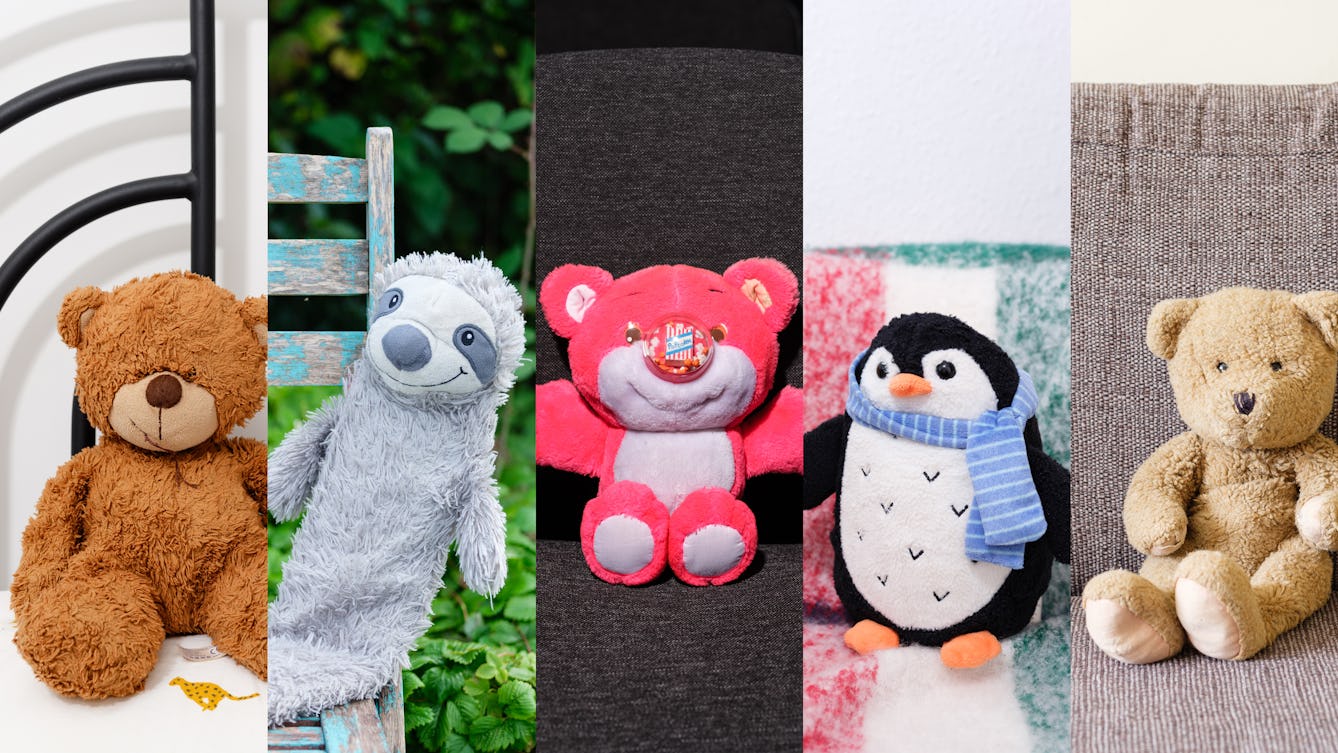
- Article
- Article
Celebrating our soft toys
After cuddling a teddy bear cured her insomnia, Elspeth Wilson was inspired to speak to four other autistic and disabled adults, who praise the roles soft toys play in their lives.

- Article
- Article
Walk, interrupted
By listing all the things that get in her way, Caroline Butterwick wants to create an embodied experience of disability and convince you that inclusion is everyone’s responsibility.

- Long read
- Long read
Primodos, paternalism and the fight to be heard
Journalist Florence Wildblood examines the case of Primodos – a conveniently quick but risky hormone pregnancy test that was prescribed in the 1960s and ’70s – and profiles two women at the story’s shocking heart.
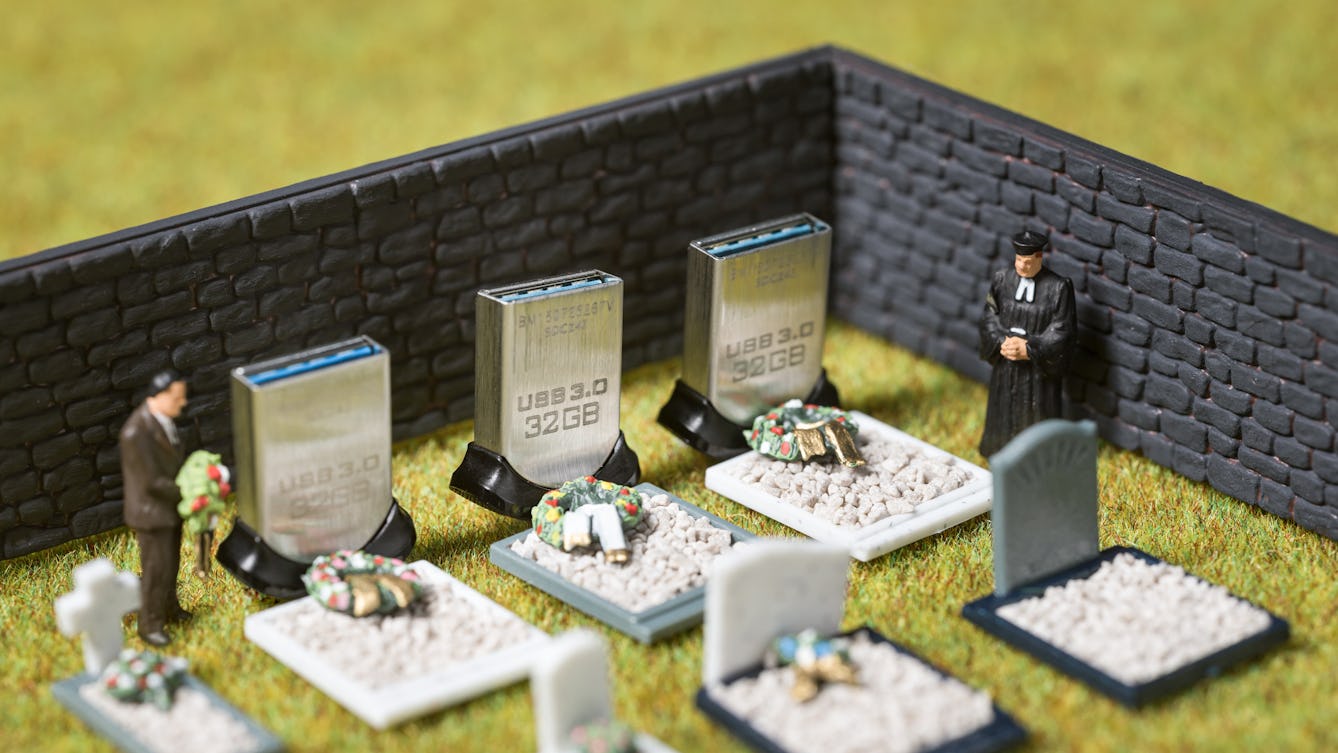
- Article
- Article
Death and our digital ghosts
When we die, our data lives on. And as companies are increasingly spotting money-making opportunities from digital legacies, now could be the time to think about – and control – yours.

- Article
- Article
Giving shape to sound
Fascinated by language and how music feels, Deaf rapper Signkid creates tracks that give shape to sound. He discusses inspiration, access and performing for all audiences, D/deaf and hearing alike.
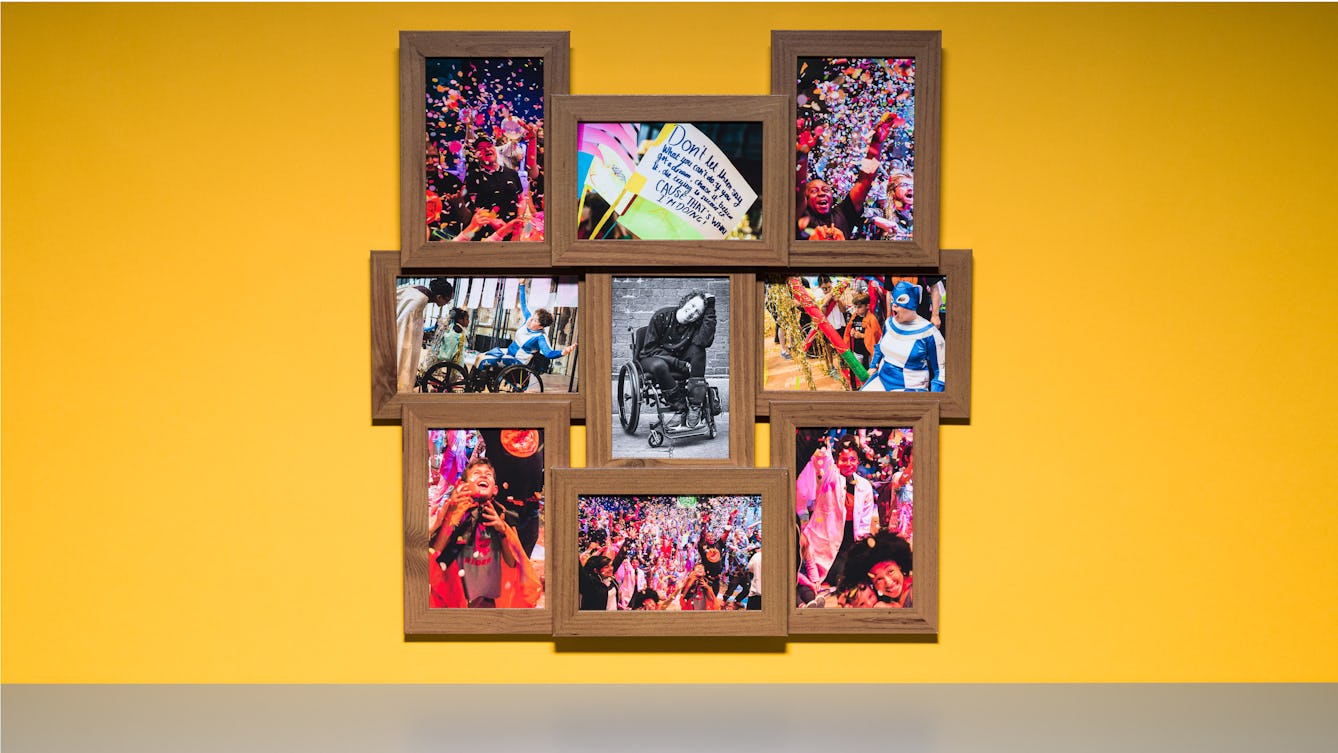
- Article
- Article
Rejecting shame and a decade of change
Jess Thom spent years trying to ignore and suppress the tics of Tourette’s syndrome. Read what happened when she decided to celebrate them instead.

- Article
- Article
Dyslexia and its misconceptions
Overcoming common myths about dyslexia only adds to the challenges of growing up with the condition. Madeleine Morley, who was diagnosed with dyslexia aged eight, goes into myth-busting mode and shares her personal experiences.
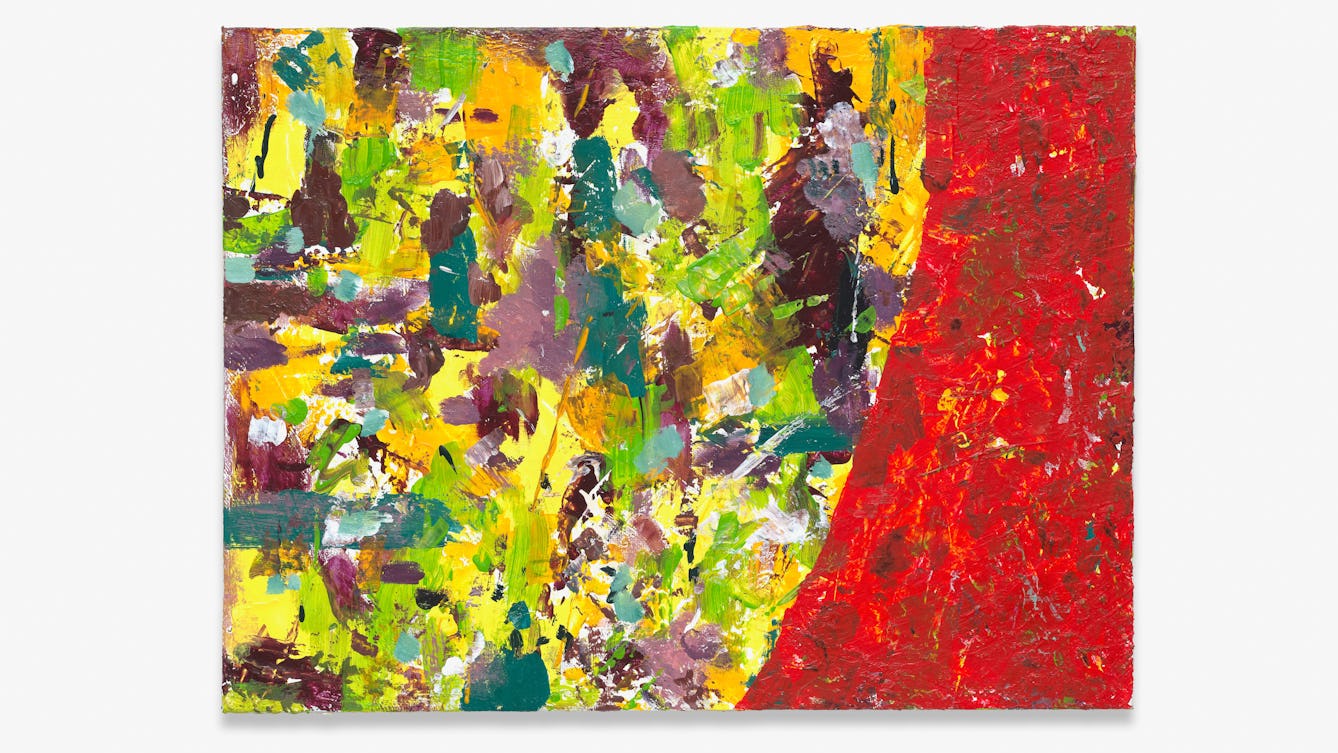
- Article
- Article
The boundaries that shape my writing
While writing about her life can be enormously helpful, Caroline Butterwick needs to regularly reassess her boundaries. Here she explores the line between what’s public and what’s private, and how porous that can be.
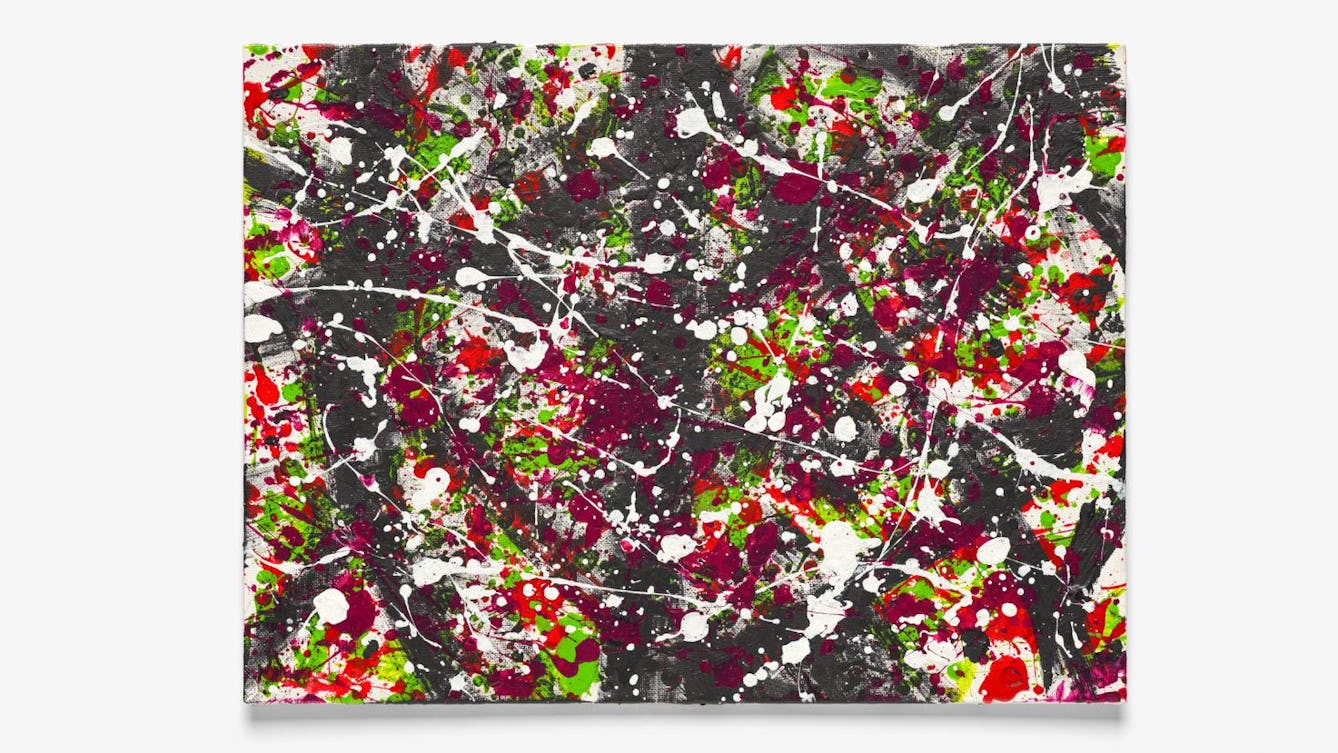
- Article
- Article
Writing back to authority
As she cuts up old doctors’ letters and uses them to compose absurd poems, Caroline Butterwick reflects on the catharsis of creation and proposes writing as a way to take back control.

- Article
- Article
How writing helps me manage schizophrenia
For Erica Crompton, writing is much more than a career. It’s an essential component of her mental health toolkit.